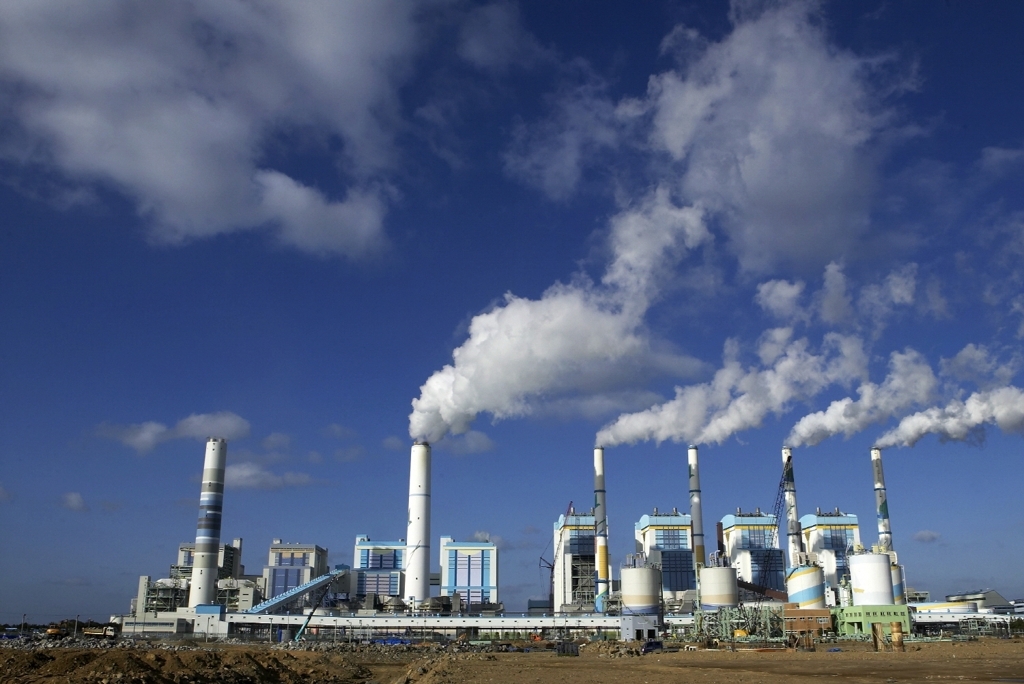No nuclear, no coal, but no LNG too?
Ministries contradict each other’s energy policies causing industry confusion
By Kim Byung-wookPublished : Oct. 3, 2021 - 15:01

South Korea’s energy policy faces mounting uncertainties as two ministries appear to hold different views over liquefied natural gas, or LNG.
According to industry sources Friday, the Environment Ministry is mulling to exclude LNG from its green classification system set for launch later this year.
The classification system aims to evaluate the environmental sustainability of industries and judge which one is green and promote public and private investments.
Industries excluded from the system are thus expected to face higher difficulties in attracting investment and have difficulties in sourcing investments.
Mindful of the Environment Ministry’s negative view over LNG, Samsung Life Insurance recently delayed its 50-billion-won ($42.2 million) investment into an LNG power plant project in Tongyeong, a coastal city in South Gyeongsang Province, indefinitely.
“We are open to all possibilities and will finalize our decision after sufficient consultation,” an Environment Ministry official said in a press release.
The LNG industry already flustered by the Environment Minitry's move is thrown further into confusion as the Energy Ministry is actually in support of LNG.
Last year, the Energy Ministry announced that it would shut down 30 coal-fired power plants by 2034 and transform 24 of them into LNG power plants.
The LNG power plants are expected to play a pivotal role in compensating the intermittency of renewables, generating electricity during peak hours at night when solar power facilities become idle.
Industry officials expressed concerns over the government’s oscillating views over LNG, citing a potential power crunch.
“It’s a common knowledge that LNG is a bridge to renewables. Branding LNG as dirty as coal would create a gap in the power supply,” an industry source said.
Under the ninth basic plan on the electricity supply, renewables will account for 41.9 percent of Korea’s power generation capacity in 2034.








![[Kim Seong-kon] Democracy and the future of South Korea](http://res.heraldm.com/phpwas/restmb_idxmake.php?idx=644&simg=/content/image/2024/04/16/20240416050802_0.jpg&u=)







![[KH Explains] Hyundai's full hybrid edge to pay off amid slow transition to pure EVs](http://res.heraldm.com/phpwas/restmb_idxmake.php?idx=652&simg=/content/image/2024/04/18/20240418050645_0.jpg&u=20240418181020)

![[Today’s K-pop] Zico drops snippet of collaboration with Jennie](http://res.heraldm.com/phpwas/restmb_idxmake.php?idx=642&simg=/content/image/2024/04/18/20240418050702_0.jpg&u=)